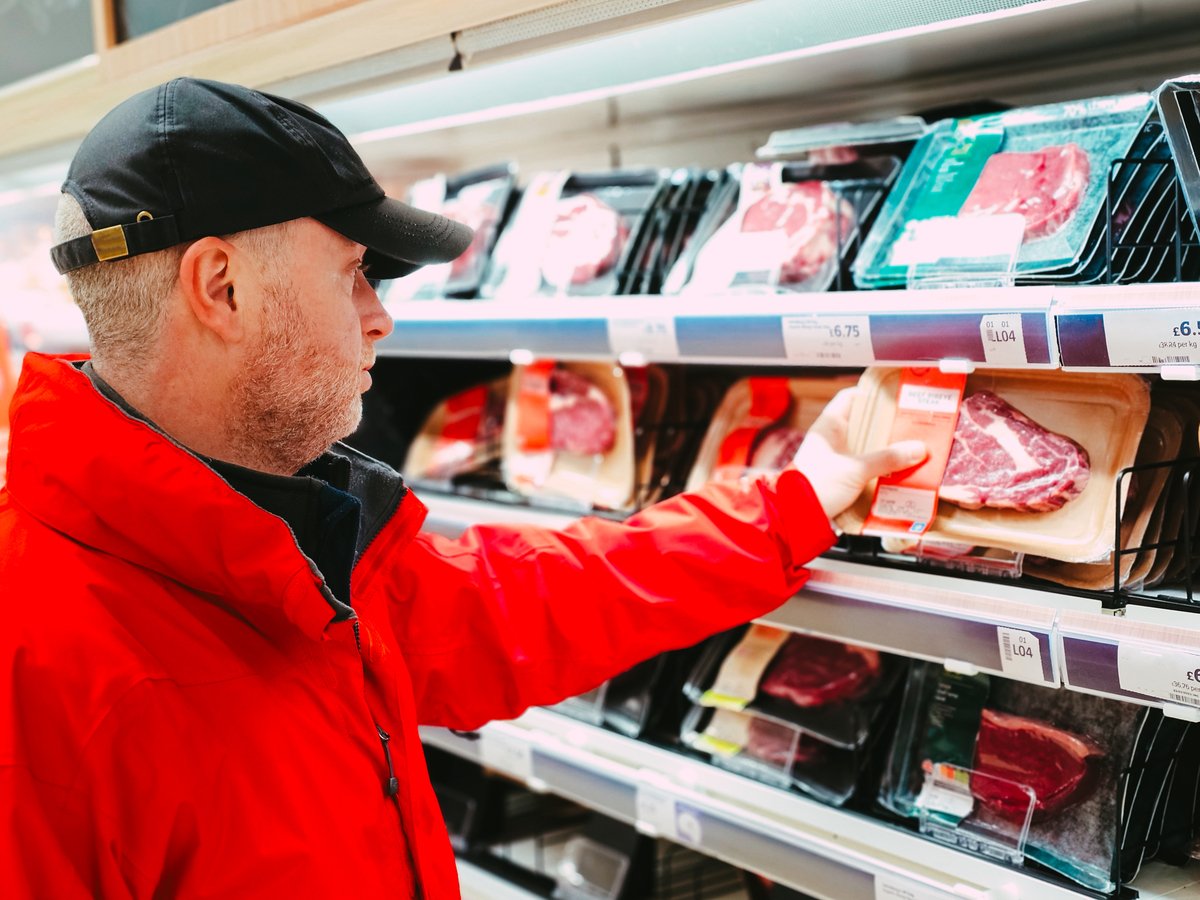Briefly a Wall Street darling after its IPO, Beyond Meat (BYND +0.39%) has been struggling for years. The stock has greatly underperformed the S&P 500 (^GSPC 0.57%), dealing out major losses for investors who stuck with it. Here's how Beyond Meat has performed over the past five years, and what investors should do next.

Image source: Beyond Meat.
Outclassed by the S&P 500
Shares of Beyond Meat initially surged following its IPO in 2019, but the past five years have been an unmitigated disaster for the stock. Beyond Meat has lost more than 99% of its value over the past five years, compared to an 84% gain for the S&P 500 index during the same period. The S&P 500 outperformed Beyond Meat by a whopping 183 percentage points.
Zooming in to more recent time periods doesn't change the picture. Over the past three years, Beyond Meat stock has crashed 93% while the S&P 500 has logged a 65% gain, resulting in 158 percentage points of outperformance for the index. In the past year, Beyond Meat stock is down 83% and the S&P 500 is up about 11%. That translates to 94 percentage points of outperformance .
What went wrong for Beyond Meat? For starters, demand for plant-based meat alternatives in the U.S. faltered in the post-pandemic period. According to data from SPINS, U.S. retail sales of refrigerated plant-based burgers tumbled 26% year over year in the 52-week period ended April 20. Retailers have been reducing their assortments, carrying fewer products, as consumers have turned away from the category.
The other problem is a lack of differentiation. Beyond Meat's products aren't much different than the smorgasbord of competing brands available. In a booming market for plant-based meat alternatives, a rising tide lifted all boats. In the current environment, it has become clear that Beyond Meat has no pricing power.
Beyond Meat reported a 13.3% revenue decline in the third quarter, along with an anemic gross margin of 10.3% and a substantial $110.7 million net loss on sales of just $70.2 million. Unit volumes were down, and so was average pricing as the company struggled to move merchandise. Beyond Meat's guidance left a lot to be desired, calling for revenue between $60 million and $65 million in the fourth quarter.

NASDAQ: BYND
Key Data Points
What should long-term investors do?
Patience is the key to successful long-term investing. A stock can be battered in the short term only to deliver incredible returns in the long term. However, it's important to recognize when patience is no longer warranted. Patiently waiting on a sinking ship is a recipe for subpar returns.
In the short term, anything can happen. In October, shares of Beyond Meat plunged after the company exploded its share count via a convertible debt exchange. It then rocketed higher for no apparent reason, seemingly caught up in the latest "meme stock" rally. Reality soon set in, and the stock plunged anew.
Zooming out, Beyond Meat is in serious trouble, and it doesn't have a coherent turnaround strategy. The time for patience is over.






